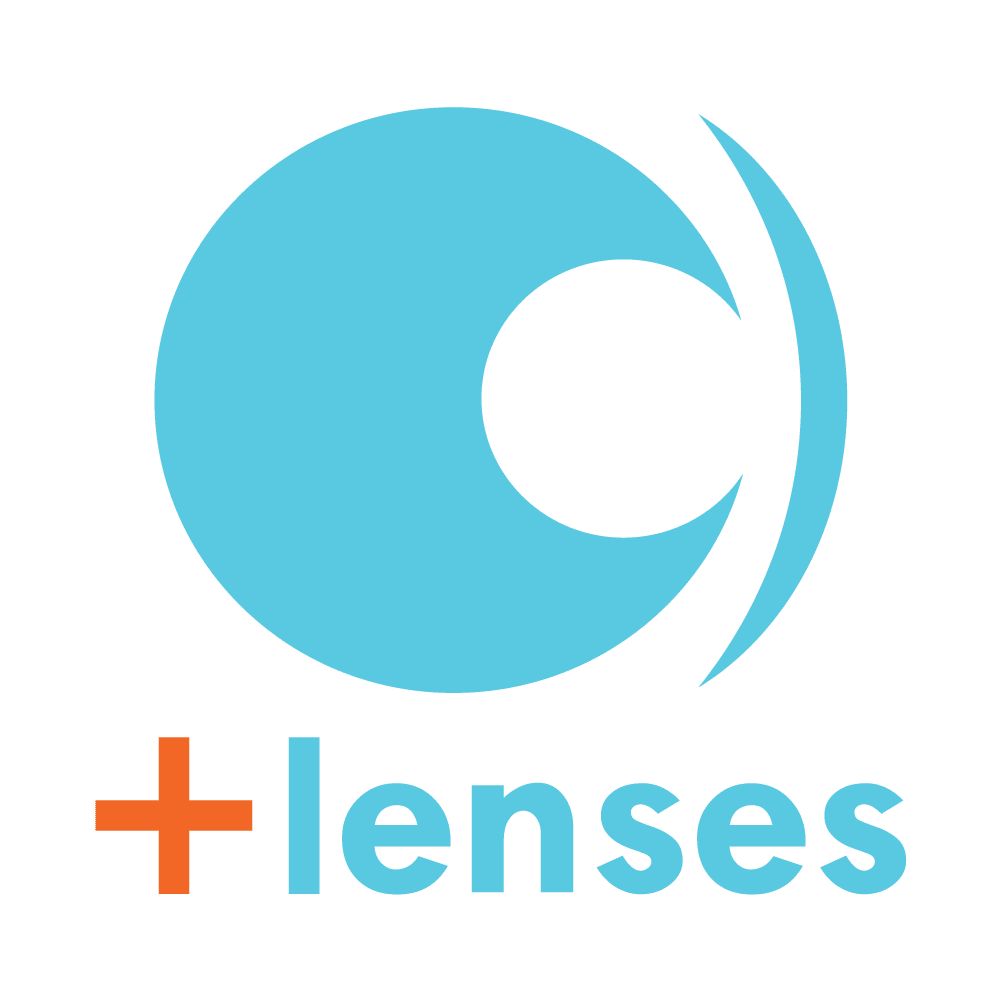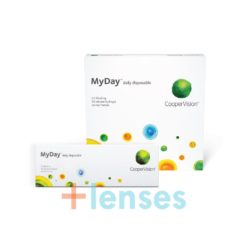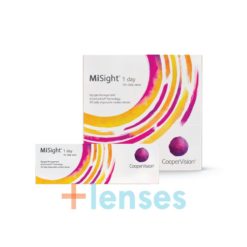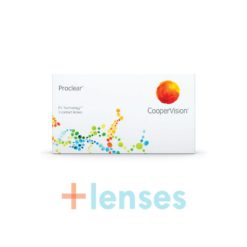Disposable contact lenses for myopia
What is myopia?
Myopia is a common vision disorder in which near objects are seen clearly, but distant objects appear blurred. It occurs when the eye is too long or the curvature of the cornea is too pronounced, causing light to focus in front of the retina rather than directly on it. Short-sighted people often have difficulty seeing road signs, TV screens or anything at a certain distance.
Correcting myopia with contact lenses
Contact lenses are an effective solution for correcting myopia. They offer wider peripheral vision and greater comfort than traditional glasses. Here's a detailed explanation of the types of contact lenses available for myopia, along with their advantages and disadvantages:
Types of contact lenses for myopia
-
Daily contact lenses :
- Advantages :
- Optimal hygiene thanks to a new pair of lenses every day.
- No need for cleaning or storage solutions.
- Reduced risk of eye infections.
- Disadvantages :
- Higher long-term cost than lenses with less frequent replacement.
- Less environmentally friendly due to the daily generation of waste.
- Advantages :
-
Bi-monthly contact lenses :
- Advantages :
- Intermediate cost, offering a good balance between price and replacement frequency.
- Ease of adaptation for users.
- Disadvantages :
- Regular maintenance with cleaning solutions.
- Increased risk of deposit build-up and infection if poorly maintained.
- Advantages :
-
Monthly contact lenses :
- Advantages :
- The most economical option for frequent contact lens wearers.
- Less waste generated than with daily lenses.
- Disadvantages :
- Rigorous maintenance to avoid infection and protein deposits.
- Higher risk of complications if lenses are not properly cleaned and stored.
- Advantages :
Contact lenses to curb myopia
In addition to correcting vision, some contact lenses are designed to slow the progression of myopia, particularly in children and adolescents. These lenses, called myopia management lenses, use specific designs to reduce the tension exerted on the eye, helping to control eye lengthening.
- Advantages :
- Can help slow the progression of myopia.
- Offer the same benefits in terms of clear vision and comfort as traditional lenses.
- Disadvantages :
- Potentially higher cost due to advanced technology.
- Requires regular monitoring and follow-up by a vision care professional.
Daily, bi-monthly and monthly contact lenses offer practical and effective solutions for correcting myopia. By choosing the type of lenses best suited to your needs and consulting your optometrist regularly, you can not only improve your vision but also potentially slow the progression of myopia. Regular consultation with an ophthalmologist or optometrist is crucial to ensure the health of your eyes and the optimal performance of your contact lenses.
To find out more about the different contact lens options for correcting myopia and discover our selection, visit www.more-lenses.com.

















